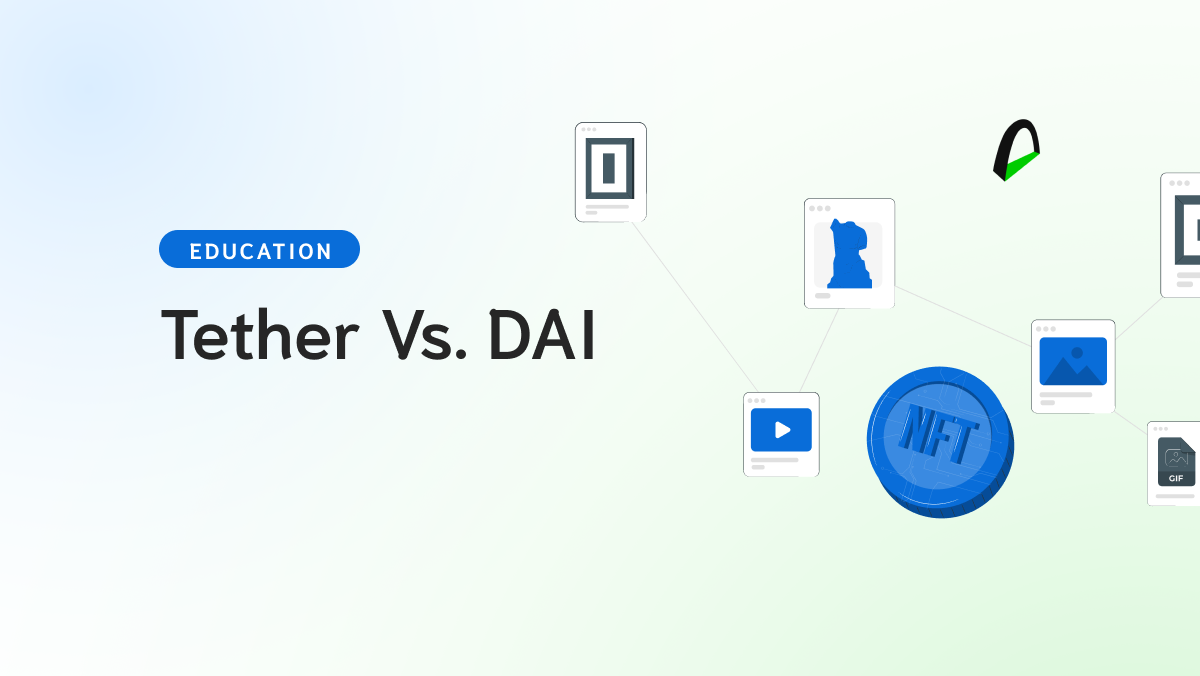When transactions must be validated on a blockchain, competition can become fierce, with bidders vying for the top spot. During these high-stakes auctions, called gas wars, prices are pushed skyward as participants fight it out in hopes of securing priority placement.
Ethereum's unique proof-of-work consensus protocol requires 'gas,' or extraordinary computing power, to verify transactions. This resource serves as the fuel that powers all applications built on Ethereum, meaning even this robust network has to pay an energy fee to keep going like any other machine!
With Ethereum, users can incentivize validators for faster transaction completion with a "priority tip." These tips can be customized and added to the base gas fee. This system provides an easy way for those who need quick transactions on this network to get them processed more rapidly!
A high number of transactions needing to be confirmed and users eager to take advantage of market forces push them into bidding more than the typical gas fee costs.
When a unique and limited non-fungible token (NFT) is put up for sale, the race begins. Buyers are determined to win what could be their only chance at snatching up this valuable asset. As competition builds, so does tension among users as they engage in an all-out "gas war" bidding battle - winner takes it all!
In September 2021, Time magazine leaped into the world of NFTs and made huge waves. Despite their limited quantity, buyers were willing to spend more than expected - reportedly four times as much on transaction costs (gas) compared with what they paid for the tokens! This is just one example showcasing how lucrative gas wars can be in this ever-growing digital economy.
The gas war has led to a fierce bidding battle between wealthy buyers, leaving those with less financial capital unable to compete in the market. This trend of 'monopolizing' assets is an unfortunate consequence of this price conflict.
The repercussions from a single asset sale can be felt far and wide throughout the Ethereum network. Anybody trying to make an exchange must face sky-high fees or wait in line, leading to massive disruptions across the entire system.






